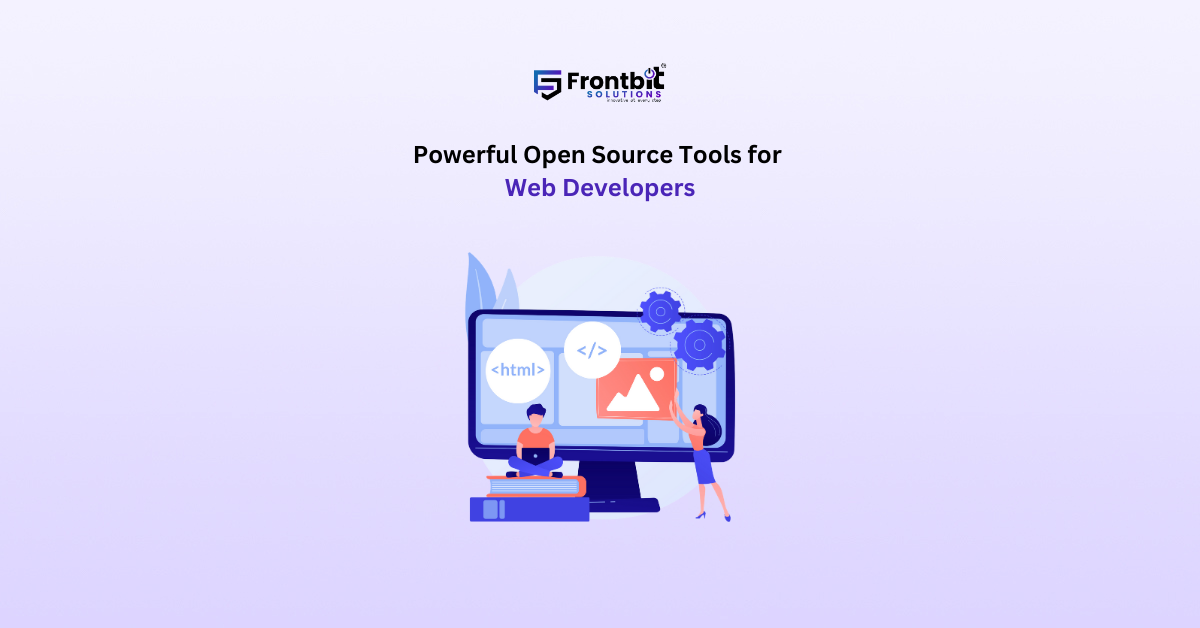Skip to contentPowerful Open Source Tools for Web Developers
Introduction
- Briefly explain why open-source tools are beneficial for web development.
- Mention cost-effectiveness, flexibility, and strong community support.
1. Code Editors & IDEs
- Visual Studio Code – Lightweight, powerful, with great extensions.
- Atom – Hackable text editor (now deprecated but still used).
- Sublime Text – Fast and efficient for coding.
2. Frontend Development Frameworks
- Bootstrap – Responsive design with a mobile-first approach.
- Tailwind CSS – Utility-first CSS framework for faster styling.
- Foundation – Advanced frontend framework by Zurb.
3. JavaScript Libraries & Frameworks
- React.js – Popular for building interactive UIs.
- Vue.js – Lightweight and beginner-friendly.
- Angular – Full-featured framework by Google.
4. Backend Development Frameworks
- Node.js (Express.js, Nest.js) – JavaScript runtime for scalable apps.
- Django – Python-based, secure, and scalable.
- Ruby on Rails – Convention-over-configuration approach.
5. Database Management
- MySQL – Popular relational database.
- PostgreSQL – Advanced open-source database.
- MongoDB – NoSQL database for flexibility.
6. Version Control Systems
- Git – Essential for tracking code changes.
- GitHub & GitLab – Collaboration and CI/CD integration.
7. DevOps & Deployment Tools
- Docker – Containerization for easy deployment.
- Kubernetes – Scalable container orchestration.
- Jenkins – CI/CD automation tool.
8. Testing & Debugging Tools
- Selenium – Automated browser testing.
- Jest – JavaScript testing framework.
- Postman – API testing and debugging.
9. Design & Prototyping
- Figma – Collaborative UI/UX design tool.
- GIMP – Open-source image editing.
- Canva – Easy-to-use design tool.
Conclusion
- Summarize the benefits of using open-source tools.
- Encourage developers to explore and contribute to the open-source community.







